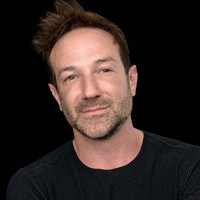Claudia Rankine is a poet, essayist, and playwright. She is the author of the new book, Just Us: An American Conversation.
“I began to wonder, why am I maintaining civility around things that are actually very important to me? This might be the only chance I get to stand up for myself. As Claudia. As a Black person. As a Black woman. As an American citizen. So what am I waiting for? What am I preserving when the thing I am supposedly preserving is also the thing that is on some level killing me?”
Thanks to Mailchimp for sponsoring this week's episode.








